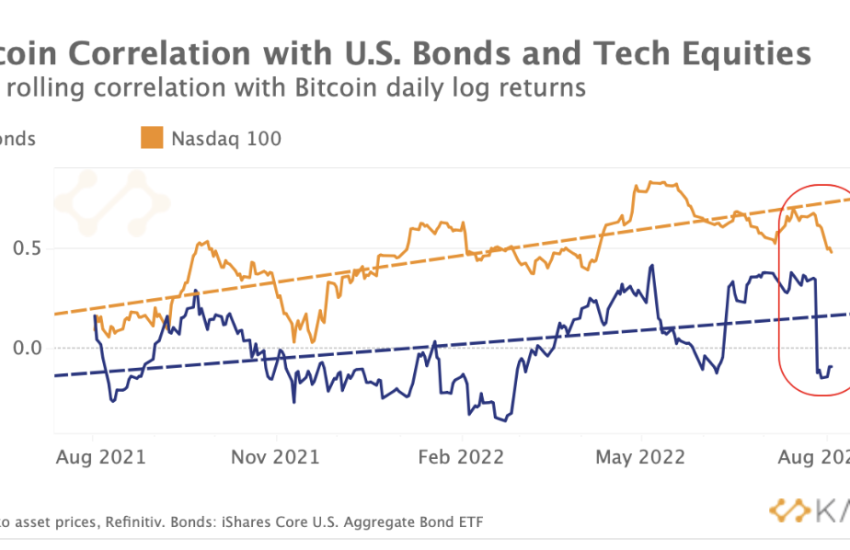The Impact of Inflation on Global and Local Economies
Inflation is a key economic indicator that measures the rate at which the general level of prices for goods and services is rising, leading to a decrease in purchasing power. While some inflation is necessary for a healthy economy, high or unpredictable inflation can have a detrimental impact on global and local economies.
Global Impact
High inflation rates in one country can have a ripple effect on the global economy. For example, rising prices in an exporting country can lead to increased costs for imported goods in other countries, ultimately leading to higher prices for consumers worldwide. This can disrupt supply chains, increase production costs, and lead to decreased consumer spending, all of which can have a negative impact on global economic growth.
Additionally, high inflation rates can lead to currency devaluation, making exports more expensive and less competitive on the global market. This can further exacerbate trade imbalances and lead to increased protectionist measures, hindering international trade and economic cooperation.
Local Impact
Inflation also has a significant impact on local economies. When prices rise rapidly, consumers may cut back on spending, leading to a decrease in demand for goods and services. This can hurt businesses, particularly small businesses that may struggle to pass on increased costs to consumers. As a result, businesses may be forced to reduce their workforce or even close altogether, leading to higher unemployment rates and decreased economic activity in local communities.
Furthermore, inflation erodes the value of savings and fixed incomes, as the purchasing power of money diminishes over time. This can have a particularly harsh impact on low-income individuals and retirees who rely on fixed incomes to meet their basic needs. Inflation can also lead to social unrest and political instability, as individuals and communities feel the strain of rising prices and diminishing resources.
Strategies to Mitigate the Impact of Inflation
While inflation can have a significant impact on global and local economies, there are strategies that governments and businesses can employ to mitigate its effects. Central banks can implement monetary policies, such as raising interest rates or increasing reserve requirements, to curb inflation and stabilize prices. Governments can also implement fiscal policies, such as reducing government spending or increasing taxes, to reduce demand and prevent overheating of the economy.
Businesses can also take steps to protect themselves from the impact of inflation. This can include hedging against currency fluctuations, diversifying supply chains, and renegotiating contracts to account for rising costs. Additionally, businesses can focus on innovation and efficiency, finding ways to lower production costs and maintain competitiveness in the face of rising prices.
Conclusion
Inflation is a complex economic phenomenon that can have far-reaching implications for global and local economies. While some inflation is necessary for a healthy economy, high or unpredictable inflation can lead to decreased consumer spending, disrupted supply chains, and increased unemployment rates. By employing effective monetary and fiscal policies, as well as strategic business practices, countries and businesses can mitigate the impact of inflation and create a more stable and prosperous economic environment for all.


